According to the website of the Strategic Council on Foreign Relations, Dr. Sorena Sattari, who was speaking at the second specialized meeting on “Foreign Relations Artificial Intelligence Era” hosted by the Strategic Council on Foreign Relations on the topic of “Application of Artificial Intelligence in Foreign Relations,” said that the purpose of holding the meeting was to answer ten questions that are of interest.
Explaining those questions, he said: At what level has the global experience in applying artificial intelligence in foreign relations been realized, and what has it achieved? Has artificial intelligence been used in decision-making with a prescriptive approach, or has the global experience been limited to diagnostic and predictive domains?
He continued: In which areas and at what levels of decision, strategic or operational, has the application of artificial intelligence been more effective? To what extent has the use of artificial intelligence in foreign relations been able to change the balance of power in bargaining? To what extent is the application of artificial intelligence in foreign relations necessary, and what are the risks of not using it?
The head of the Science-Technology Commission of the Strategic Council on Foreign Relations added: What are the risks of using artificial intelligence in foreign relations? What kind of technical infrastructure and data does the application of artificial intelligence require effectively? Is it possible to set up limited applications in certain cases? What cases have the priorities? What level of structural and cultural preparation is necessary for using artificial intelligence? How should the country’s policy be when facing the application of artificial intelligence in foreign relations and the roadmap?
In continuation and another part of the meeting, Dr. Sattari stated that the systems benefiting from artificial intelligence conveyed entirely the feeling and noted: One of the domestic companies that has a straightforward use of artificial intelligence in its conversation center, by using this technology, detects the emotions of the callers. This system even recognizes different accents and can report the person’s mood to the upper management.
He pointed to a visit four years ago to a foreign project at a university in Venice. He added: It was very interesting that books that were waterlogged and did not have intact pages were easily read by artificial intelligence. Without opening the book, it would be scanned and read with any editing and writing style.
Dr. Sattari pointed to the importance of the volume of data for decision-making and the process of using it for artificial intelligence and said: Four years ago, during a visit to China at the office of iFlytek, I noticed the vast amount of data the country collected. They would give the Chinese entrance exam to the machine, and the machine would answer all the questions with 98% accuracy immediately.
The head of the Science-Technology Commission of the Strategic Council on Foreign Relations stated that in the future, artificial intelligence would move out of the assistant mode and will understand people’s feelings and respond accordingly, adding: Artificial intelligence recognizes the needs of humans and from this point, the deviation may begin. It can change your opinion gradually and gradually become the person’s owner. In cognitive science, this situation becomes dangerous. Due to the connection between the brain and the machine, there is the possibility that a person can perform an act just upon thinking and without physical presence. This is done through brain-machine communication without moving a hand or an eye.
He added: Not long ago, one of the American drones decided to continue its operation despite its pilot canceling the operation and targeting its controller, which had identified it as a danger. Such events will be definitely more severe in the future. They can convey emotion because these are all codes and can predict a person’s next move and decide what to do next. It is not far until then. Progress in artificial intelligence has been dramatic over the past seven years.
Sattari emphasized that domestic companies can implement artificial intelligence at the Ministry of Foreign Affairs. However, the fact is that this is one of the issues that cannot be entrusted to foreign companies because decision-making should be done through these data.


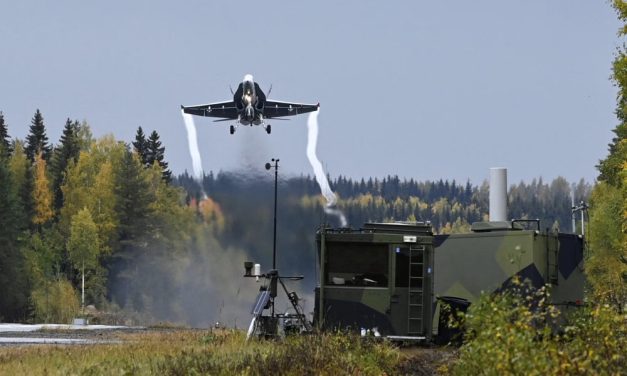
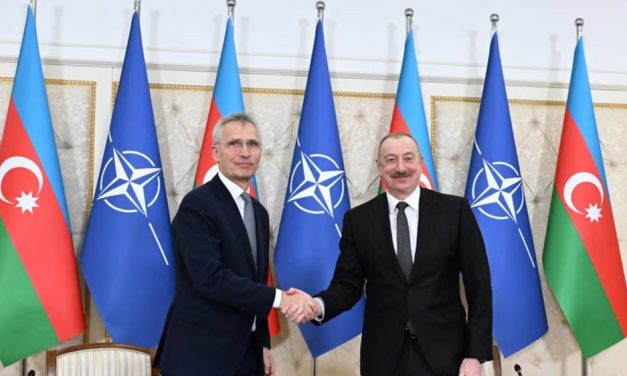
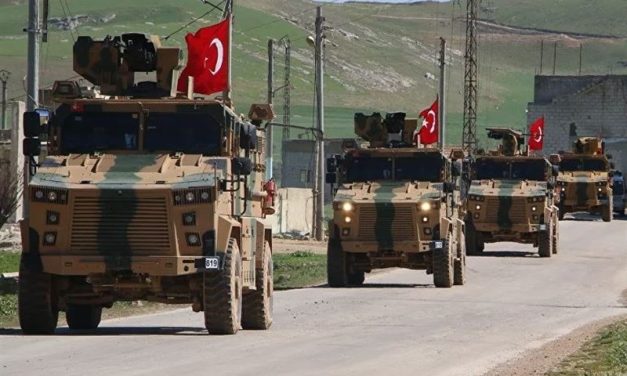
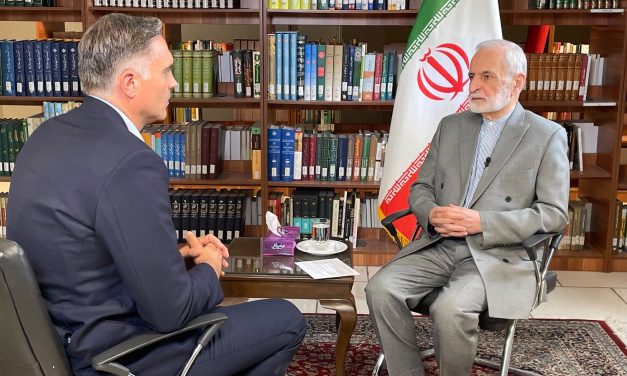
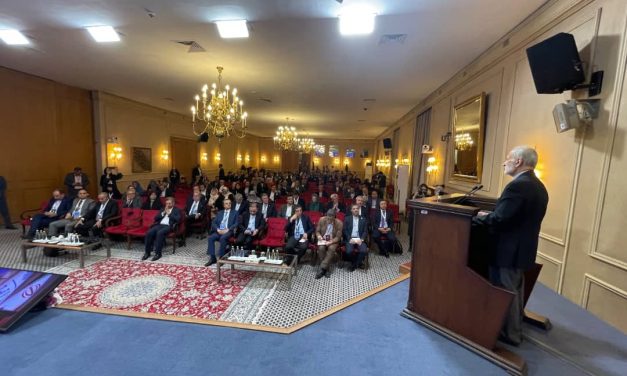
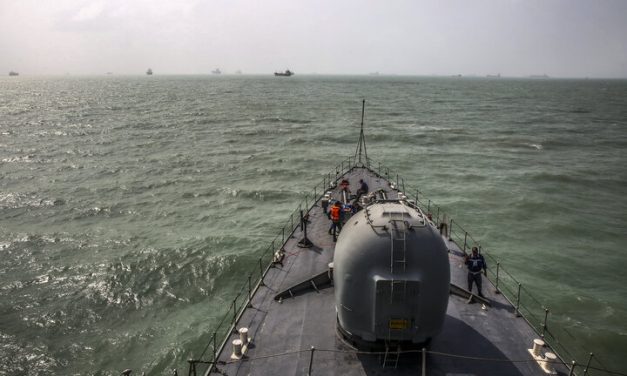


0 Comments